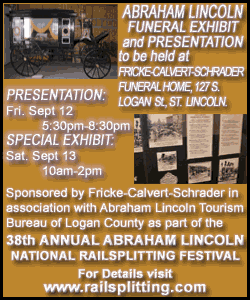| ||||||||
| ||||||||
Just three donors to Obama and two for McCain told the AP the campaigns asked to see their passports. One Obama donor, in France, was asked to show her U.S. driver's license at a fundraising event. Others said if they did anything, they checked a box on the campaigns' Web sites affirming they were U.S. citizens or were asked to provide their passport numbers, or both. A spokesman for the FEC, Bob Biersack, said it was prudent for the campaigns to ask online donors to check a box confirming they are U.S. citizens, but obtaining copies of U.S. passports from overseas donors is the only protection against enforcement action. In dozens of instances, the AP could not determine whether donors had foreign addresses since their addresses were missing from campaign finance reports. Other key information also was missing. McCain and Obama each omitted information identifying the employers for at least 10,000 contributions in their most recent donor data. In most cases, the campaigns appear to have asked supporters to provide those details. The ramifications of accepting foreign money can vary from political embarrassment to federal investigations: The last major foreign money scandal, a 1996 Democratic case involving Asian money and the Clinton-Gore re-election effort, resulted in record FEC fines totaling $719,000 and probation for some of those involved. Sometimes the foreign connection comes from who collects the money rather than who donates it. McCain's campaign announced this month it will return $50,000 solicited by a foreigner and business partner of a McCain volunteer fundraiser in Florida. The candidates are supposed to disclose detailed information about donors who give $200 or more, including their addresses, employers and occupations. At a minimum, if donors give more than $50, the candidates are expected to record their names. No donor names appeared in Obama's campaign finance reports for a handful of donations over $50. In dozens of cases, there were names but no addresses. "Anonymous," "999 Anonymous Street," "XX" or "Info Requested" are listed for roughly 200 donations to McCain. The requirement to include employers is intended to let the public and news media see who is giving and help identify favors that donors or their employers may receive. The FEC expects campaigns to follow up with donors to seek missing information, but they do not have to try very hard: One attempt, such as a postcard sent to the contributor's address, is considered due diligence under fundraising rules. In Canada, Sanderson left a message with Obama's campaign and sent an e-mail after learning his donation was illegal. He said he hoped his contribution wouldn't "rustle any feathers." Sanderson considered a mischievous move to neutralize the political value his donation might have, but in the end, just asked for a refund. "I was going to donate to McCain last night," he said, "and my wife talked me out of it."
[Associated
Press;
Copyright 2008 The Associated Press. All rights reserved. This material may not be published, broadcast, rewritten or redistributed.'
News | Sports | Business | Rural Review | Teaching & Learning | Home and Family | Tourism | Obituaries
Community |
Perspectives
|
Law & Courts |
Leisure Time
|
Spiritual Life |
Health & Fitness |
Teen Scene
Calendar
|
Letters to the Editor